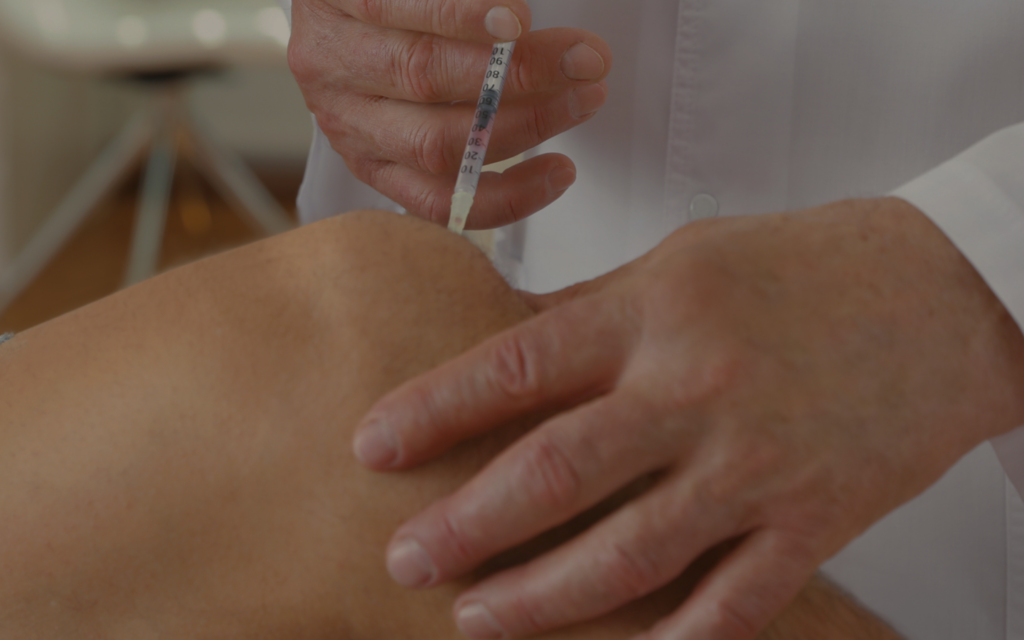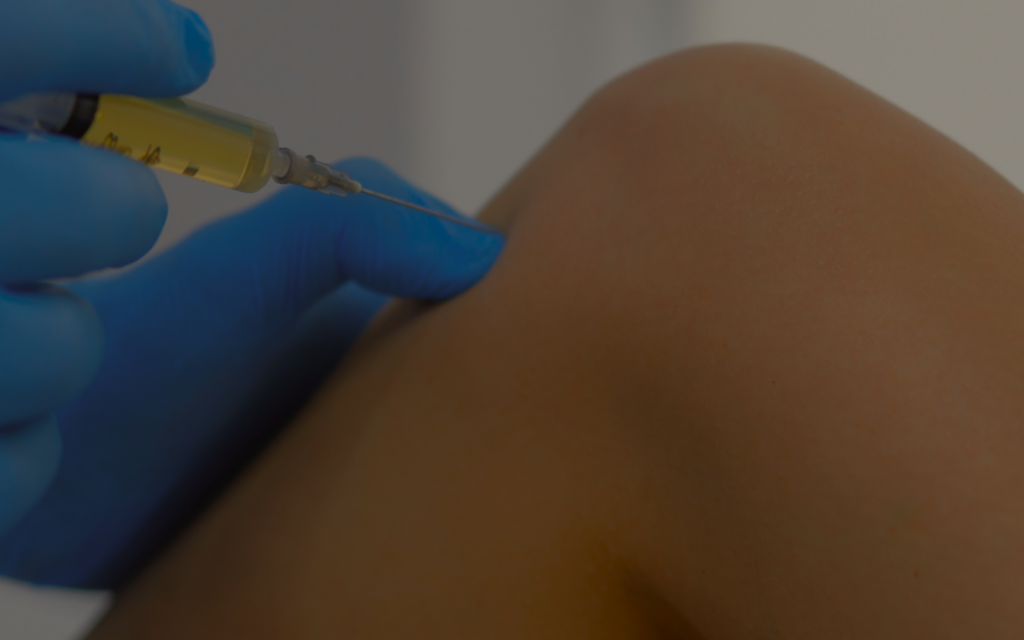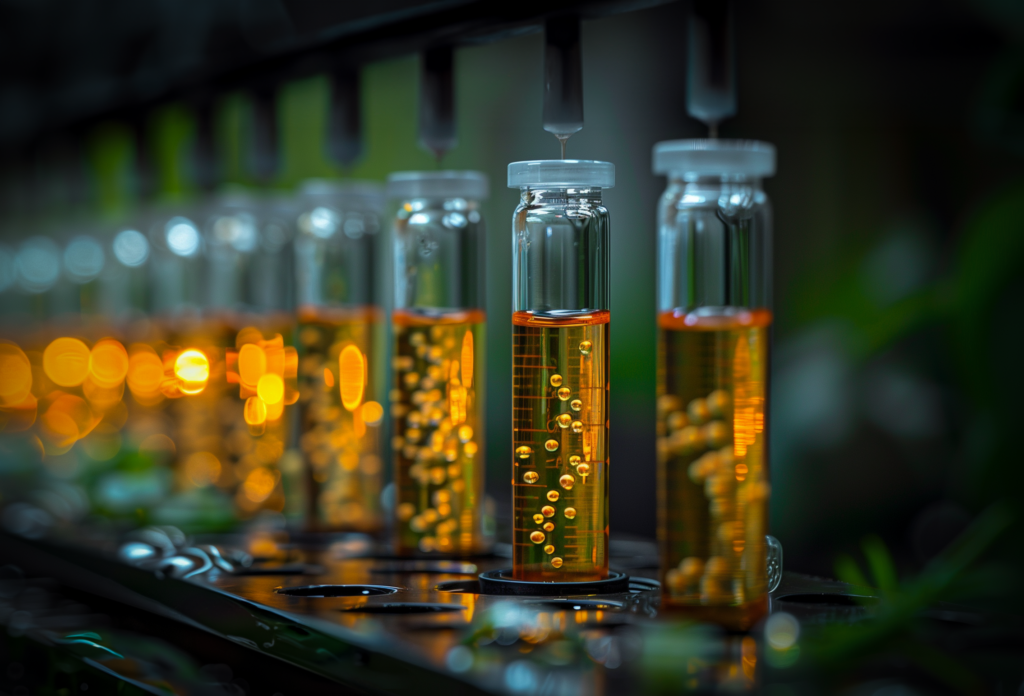Regenerative Education
Healthcare Made For You
Regenerative Medicine
Regenerative medicine has the potential to transform patient care.
From offering non-surgical solutions for injuries and degenerative conditions, to slowing the aging process, the possibilities for regenerative therapies to transform lives are vast.
But we still need more data and published research on regenerative medicine to fully understand its power. Hudson Health is proud to participate in ongoing case studies and groundbreaking research on a range of regenerative protocols.
Each therapy studied uses donor or patient-derived bioactive products and is designed to promote innate healing mechanisms.

A minimally-invasive procedure that uses a patient’s own blood to stimulate natural healing and tissue regeneration.
PRP contains platelets and growth factors that reduce inflammation and promote healing when injected into injured tissue. PRP is currently studied for its therapeutic effects on conditions like osteoarthritis, tendinopathy, and chronic back pain.
Want to learn more? Don’t miss our PRP research and case studies.
Bone Marrow Aspirate Concentrate (BMAC) Therapy utilizes a patient’s own mesenchymal stem cells (MSCs) from bone marrow to promote tissue regeneration for various medical applications. MSCs can transform into specialized cell types by interacting with signaling molecules, aiding in natural healing processes. This minimally-invasive procedure involves harvesting a small amount of the patient’s bone marrow and injecting BMAC directly into the injured area. Bone Marrow Aspirate Concentrate is currently studied for its therapeutic effects on musculoskeletal conditions like osteoarthritis, tendinopathy, and chronic back pain.
Want to learn more? Don’t miss our Bone Marrow Aspirate research and case studies.


Exosome therapy at Hudson is for research purposes only.
Exosomes are small vesicles produced by cells and carry cargo that can influence gene expression to promote healing and regeneration. Exosome products derived from donor stem cells can be injected directly into injury sites or administered intravenously. Exosomes are currently being studied for their therapeutic benefits on osteoarthritis, disc degeneration, chronic pain, and respiratory conditions.
Want to learn more? Don’t miss our Exosomes research and case studies.
Wharton’s Jelly
Wharton's Jelly is a research-only treatment.
Wharton’s jelly is a gelatinous substance obtained from the connective tissue of human umbilical cords.
Within the umbilical cord, Wharton’s jelly provides structural and protective support to the umbilical blood vessels. It also plays a crucial role in supplying the developing fetus with oxygen, glucose, and amino acids, all the while assisting in the elimination of waste products. From a clinical perspective, mesenchymal stem cells (MSCs) obtained from Wharton’s jelly hold the potential to encourage cellular regeneration with minimal activation of the host’s immune response. These MSCs also contribute to pain reduction and the promotion of healing by releasing factors involved in immunomodulation.
Being studied for its therapeutic effects on a wide range of conditions, including chronic kidney disease, knee osteoarthritis, and myocardial ischemia (reduction in blood flow to the heart).
Want to learn more? Don’t miss our Wharton’s Jelly research.


Regenerative Medicine techniques harness the body’s innate healing mechanisms to accelerate healing and stimulate tissue regeneration. Our techniques use donor or patient-derived bioactive products designed to promote innate healing mechanisms.
Want to learn more? Don’t miss our Regenerative research and case studies.
Reimagined healthcare, designed for you.
Book an appointment with a Board-Certified doctor.
